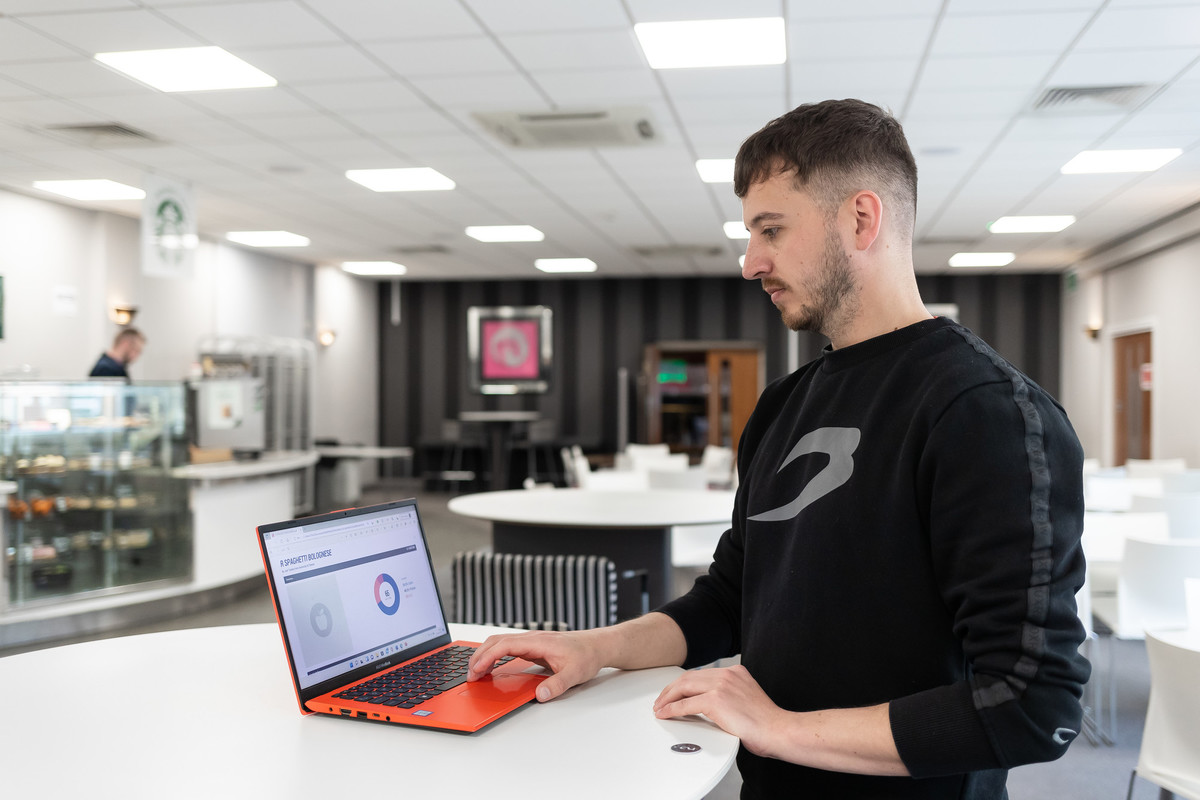Most applicants will already have a first degree; however, applicants who are operating at a high, strategic level in the workplace but do not possess a first degree will, on agreement with staff, be allowed to take a diagnostic module to assess their suitability for Master’s study. Applicants for the Professional Development are expected to be working at a strategic level and to possess several years of relevant managerial experience.
Most applicants will already have a first degree; however, applicants who are operating at a high, strategic level in the workplace but do not possess a first degree will, on agreement with staff, be allowed to take a diagnostic module to assess their suitability for Master’s study. Applicants for the Professional Development MBA are expected to be working at a strategic level and to possess several years of relevant managerial experience.
Please note, some programmes have special entry requirements.
English Language Requirements
For more information on our English Language requirements, please visit International Entry Requirements.





